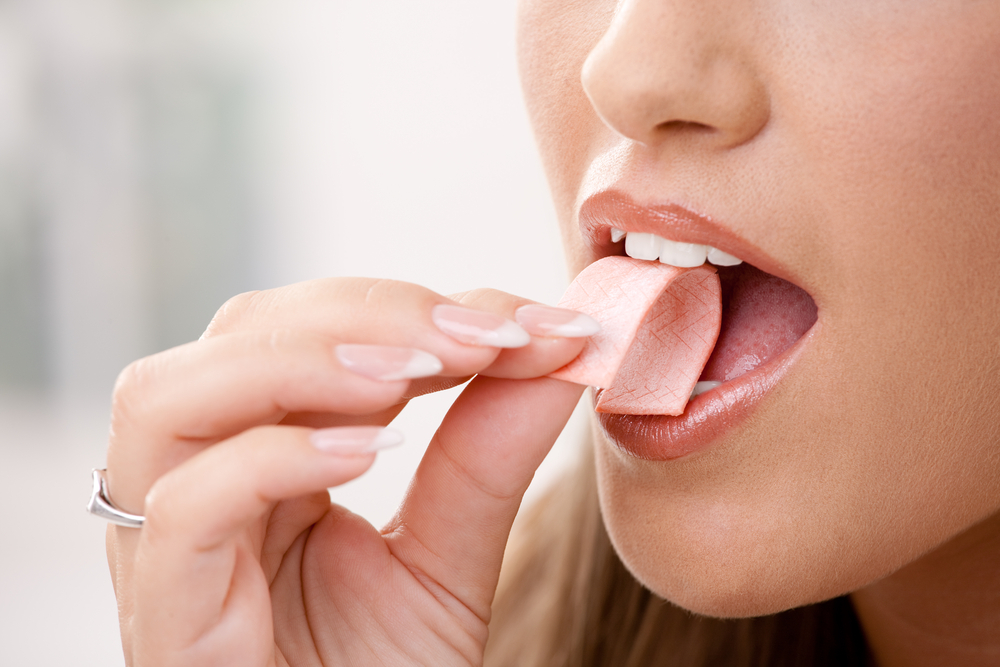Temporomandibular joint dysfunction can be a real pain in the jaw, head and even neck. But add in radiating pain and it can often become too much to bear. This is precisely why many people seek outside relief, from painkillers to physical therapy and neuromuscular orthodontics. But what if you could be inadvertently worsening your temporomandibular joint (TMJ) pain without even realizing it? There are some everyday behaviors many of us do without even realizing they could be harming our bodies. Here are a few surprise triggers for your TMJ dysfunction.
Chewing Gum
While chewing sugarless gum can actually help neutralize plaque acid and protect the teeth from cavities, it can have a dark side if you have temporomandibular joint dysfunction. That’s because excessive chewing can put strain on the jaw, causing more pain and inflammation. Despite its benefits, if you have TMJ dysfunction, cut back on the chewing gum, even if you aren’t experiencing severe TMJ dysfunction symptoms.
Tech Neck
What on earth is tech neck? It’s the term coined for the neck and back posturing many people are developing due to constant phone and tablet use. It seems when we frequently look down, we are putting strain on the neck, spine and back as well as the temporomandibular joint! Worse yet, if you are experiencing tech neck (also known as text neck), you could be raising your cortisol levels due to the stress of the pain, and causing more inflammation in the discs and the temporomandibular joint.
Bruxism
Bruxism, or grinding your teeth, can be a surprising cause of temporomandibular joint pain because many people who have bruxism don’t realize they are doing it. This means they could be worsening their pain unconsciously. Bruxism is especially common during the night while asleep and during high-stress situations, such as when you experience pain (such as tech neck) or when you are doing everyday tasks like working or sitting in traffic. In addition to straining the temporomandibular joint, bruxism can also damage your teeth, causing fractures, chips and uneven wear.
Jaw Clenching
Somewhat related to bruxism is jaw clenching. Jaw clenching may not make tooth-to-tooth contact, but it still puts undue strain on the temporomandibular joint. If you find yourself clenching your jaw or grinding your teeth, it may be time for a mouth guard. Contact Dr. George’s office for a consultation by calling 724-220-2347.


